 | TL:DR: A deflationary form of money is fundamentally a superior form of money. The rational move would be to hold deflationary money, swapping into inflationary currency as needed. Given the possibility, it would be attractive for merchants and invididuals to accept payment directly in this deflationary form of money as it's a stronger store of value. An important question for crypto is whether or not currencies need to be inflationary in order to incentivize spending. The popular argument goes that people are more likely to spend or invest their currency if they know it will be losing value over time, similar to the idea of "pass on the hot potato". On the other hand, a deflationary currency with a fixed supply lacks this motivation and can lead to hoarding behavior. How inflation changed the price of a cup of coffee over time Many believe that because of this crypto can only be seen as a store of value, not as a currency. The theory is that people will hold onto their crypto, expecting its value to increase, while spending their fiat currency that is losing value. This lack of spending of crypto means there is no network effect, rendering crypto just a speculative investment. However, this argument is not entirely accurate. The reason for the lack of spending with non-inflationary currencies could be due to issues with specific forms of deflationary currency, not necessarily a fundamental issue with deflationary forms of money in general. Keep in mind that this is an analysis based on individual incentives, which might be different from macroeconomic incentives. Why deflationary money is a superior store of valueSpending in a deflationary asset that appreciates in value or an inflationary asset that depreciates in value is a choice that every rational investor faces. The traditional wisdom is to hold onto the deflationary asset, but what if we shift our focus to the hot potato? Why hold onto the hot potato when you can pass it on to someone else? The answer lies in the stability and widespread acceptance of hot potato money. In comparison to fixed supply assets, hot potato money is more stable, fluctuating only 2-30% against other currencies in a year, while fixed supply assets may fluctuate that much in a day. Addendum: many hot potato forms of money are also wildly unstable. See this article. This stability is especially important for individuals and businesses who cannot afford to lose 30% of their spending power in a day. Additionally, hot potato money is accepted by governments and widely used, giving it a significant network effect. What about people not wanting to spend deflationary currency?This argument overlooks the practicalities of human behavior and the historical record. Most people are more concerned with paying their bills, buying food, and other necessities than the value of their money. In the grand scheme of things, would you delay buying a toothbrush if you thought it would be 1% cheaper next month? Consider technology and other goods that tend to get cheaper over time. For instance, a top-of-the-line TV that cost €2099 in March 2020 was available for €1098 a year later. People know that they can get better deals if they wait, but they still choose to buy what they need or want, sometimes even through credit. This holds more broadly, not just for televisions but for entertainment, comptuers, fridges, dishwashers, and a plethora of other things. Nearly everything gets cheaper if you keep the quality equal. Research shows that the real rate of return on government bonds and bills, taking inflation into account, has been positive for most countries in the world since the 1980s. For insured bank savings accounts, the interest rate is even higher than government bonds and bills. It's commonly believed that people would delay purchases and investments in a deflationary economy as their money would be worth more in the future. However, the data shows that there are already safe investment options where people can store their money and watch its value increase over time. Yet, we have not witnessed a deflationary collapse. The fact is i) people can already benefit from "deflation" by waiting to buy things like a new TV or computer and ii) people can already benefit from "deflation" by holding their money in safe assets, yet we still haven't seen a deflationary collapse. How could a non-inflationary currency work as money?The issue with inflationary currencies is that they act like a hot potato that's constantly being passed around, leaving the holder with a leaky asset. But why would anyone want to hold such a currency in the first place? From a fundamental perspective, it's more desirable to hold as little cash in a depreciating form as possible. As soon as we receive payment in inflationary currency, we want to convert it to a harder form of money. But when it comes to paying others, we have to convert back to inflationary currency, leading to inefficiencies in the exchange process. However, as more individuals adopt this mentality and prefer to hold a fixed-supply currency, the conversion back to inflationary currency becomes less necessary. A merchant, for instance, would be happy to accept a fixed-supply currency as payment, bypassing the conversion step. The ultimate goal is to have a form of money that serves both as a strong store of value and a practical currency. The two can reinforce each other, and it's time we adopt a solution that combines these attributes - a non-inflationary currency. Gold and its flawsClearly gold isn't used as a currency today, despite its reputation as a store of value. In the past, many economies used a gold-based exchange system. Physical gold was the base layer asset. However, carrying gold is inconvenient and insecure, and verifying it every time is difficult. This led to mint-issued gold coins ("trust us, instead of having to verify"), and paper claims to stored gold by credible parties, also known as banks. But this allowed (central) banks to lend out the gold, leading to a system of fiat money. So why did we move away from using gold as a medium of exchange? It wasn't because of its relatively fixed supply, but due to its limitations in terms of portability, transferability, divisibility, and security costs. Fixing these flawsThe crypto space is all about creating a better form of money, one with a fixed and unalterable supply, free from the limitations of traditional assets like gold. That's why so much capital is flowing into cryptocurrencies and why enthusiasts are so passionate about it. Gold was limited in its portability, transferability, divisibility, and security costs. Crypto is ethereal and infinitely portable, instantly transferrable at zero fees, divisible to 30+ decimals, and can be verified instantly. It matches gold's advantages, while fixing its flaws. ConclusionLooking at it from the level of the individual, a deflationary form of money is fundamentally a superior form of money to an inflationary currency. The rational move would be to hold such a deflationary form of currency, and to swap into inflationary currencies as needed. Given the possibility, it would be attractive for merchants and invididuals to accept payment directly in this deflationary form of money. While a comparison with gold and the flaws of transacting in gold is often made, these flaws no longer need apply. With the advent of crypto, we have the possibility to create a form of money that has the advantages of gold, without the disadvantages of its physicality. If this article interests you, I would first and foremost recommend the article "A self-sovereign monetary future”. I would also recommend this analysis of “The theoretical best form of money”. If you want to dive more deeply into deflation/inflation tradeoffs, "The costs of deflations: a historical perspective" and "Good versus Bad Deflation: Lessons from the Gold Standard Era" are worth a read. Mostly, I would love to hear comments and feedback. I’ve written this down to improve my own thinking, and am open to hearing where this is plain wrong or where my thinking could be improved. [link] [comments] |

You can get bonuses upto $100 FREE BONUS when you:
💰 Install these recommended apps:
💲 SocialGood - 100% Crypto Back on Everyday Shopping
💲 xPortal - The DeFi For The Next Billion
💲 CryptoTab Browser - Lightweight, fast, and ready to mine!
💰 Register on these recommended exchanges:
🟡 Binance🟡 Bitfinex🟡 Bitmart🟡 Bittrex🟡 Bitget
🟡 CoinEx🟡 Crypto.com🟡 Gate.io🟡 Huobi🟡 Kucoin.


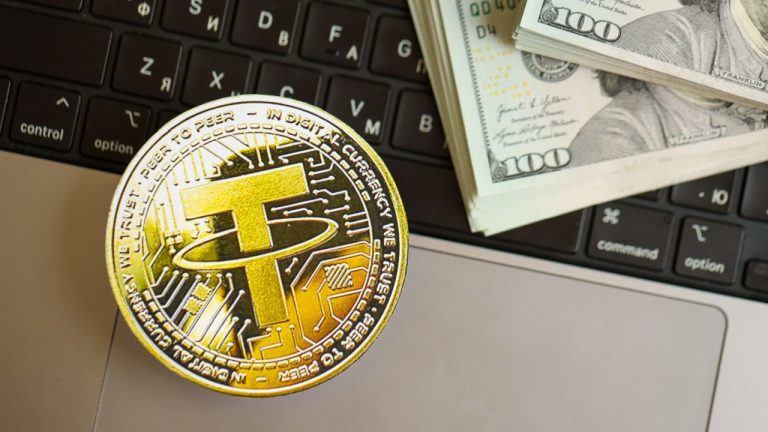


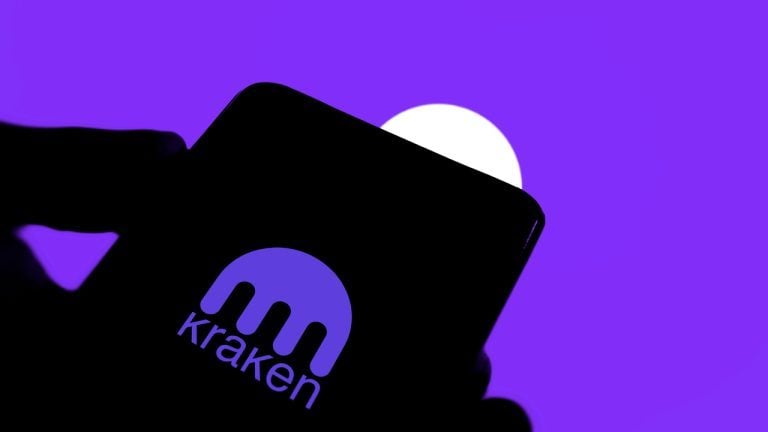
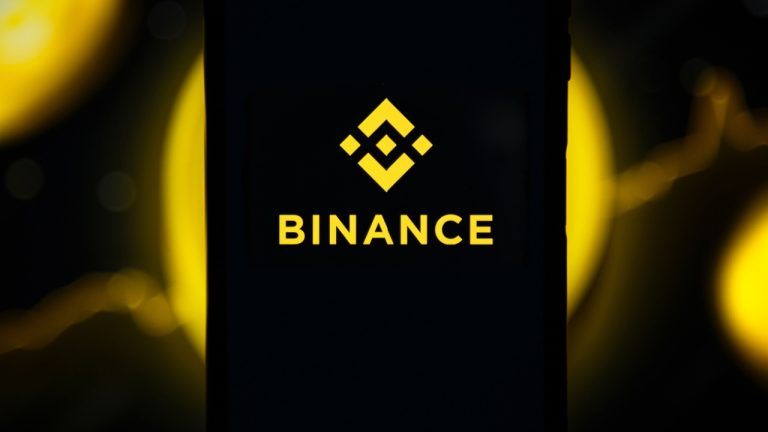

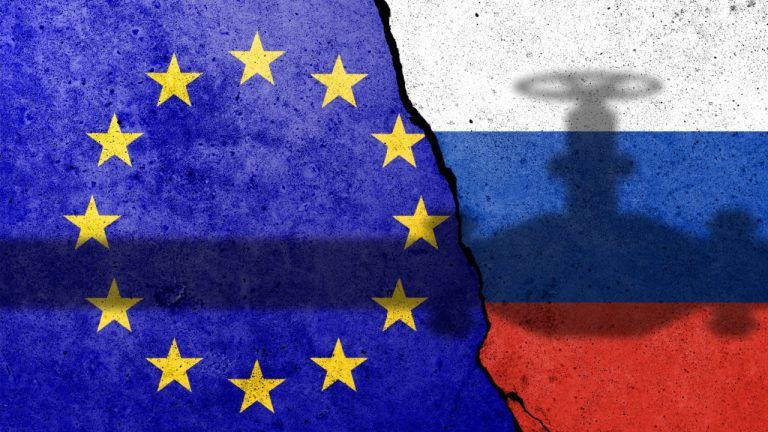
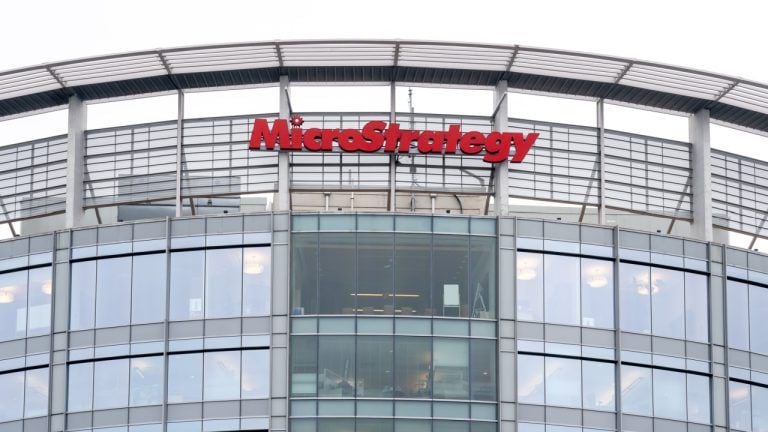
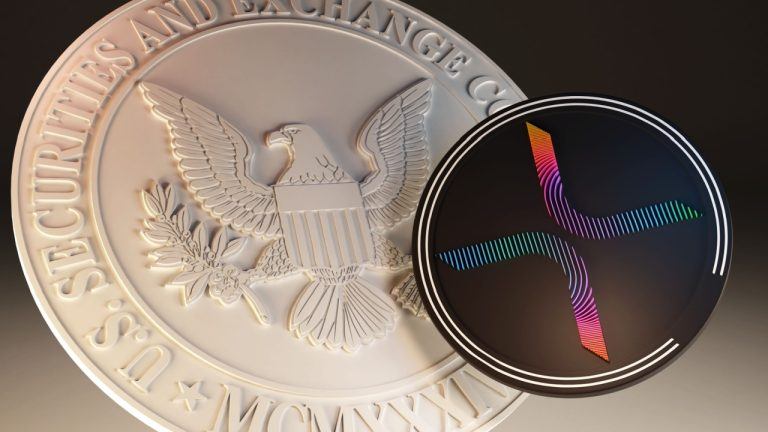
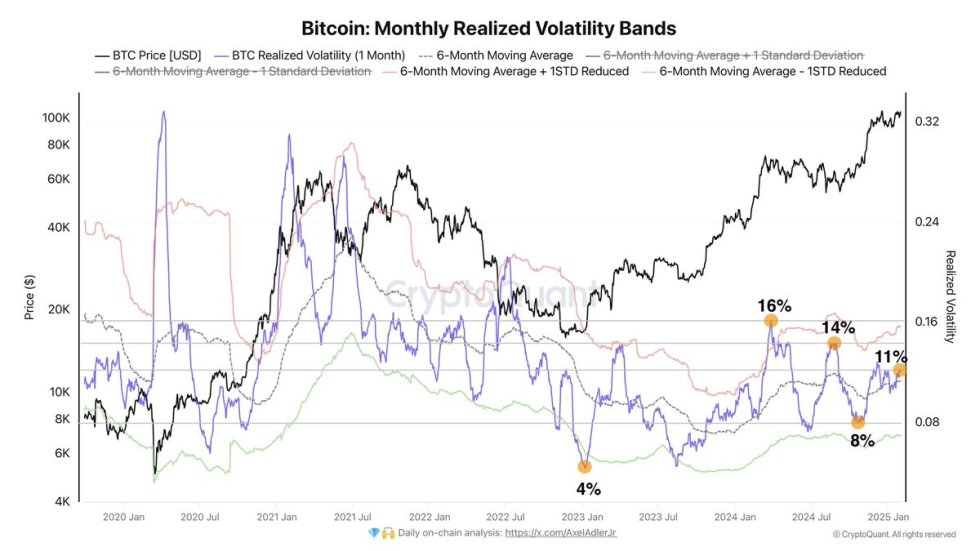
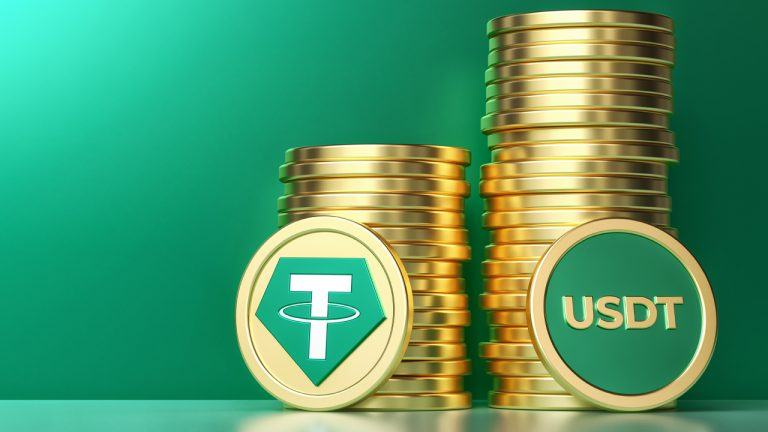
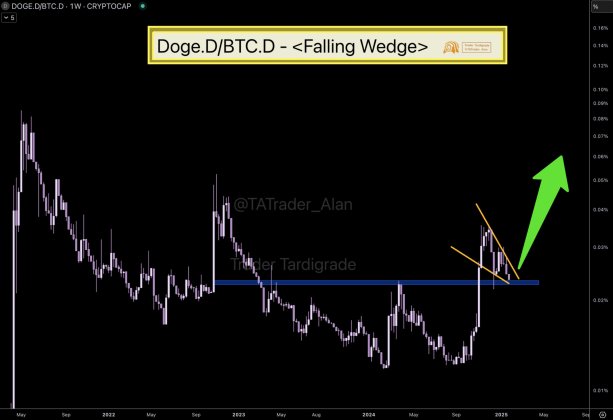
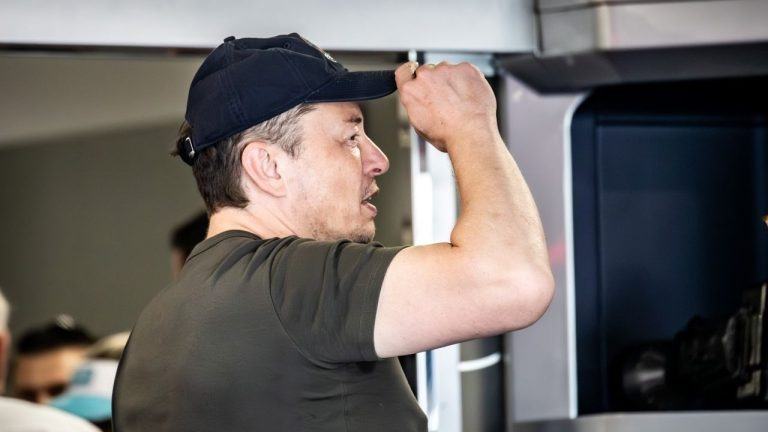



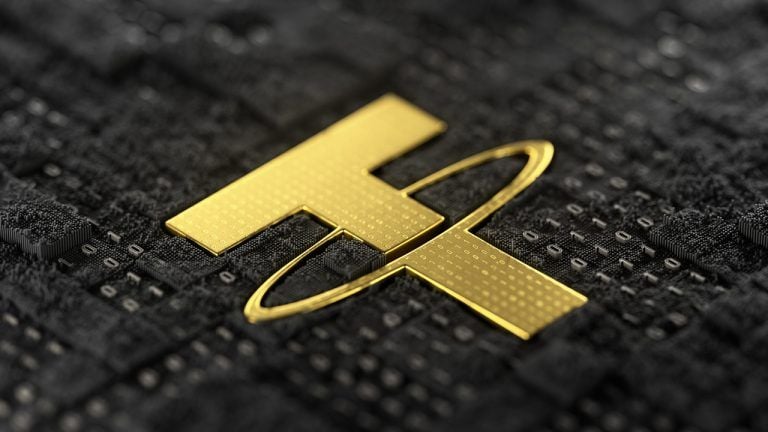

Comments